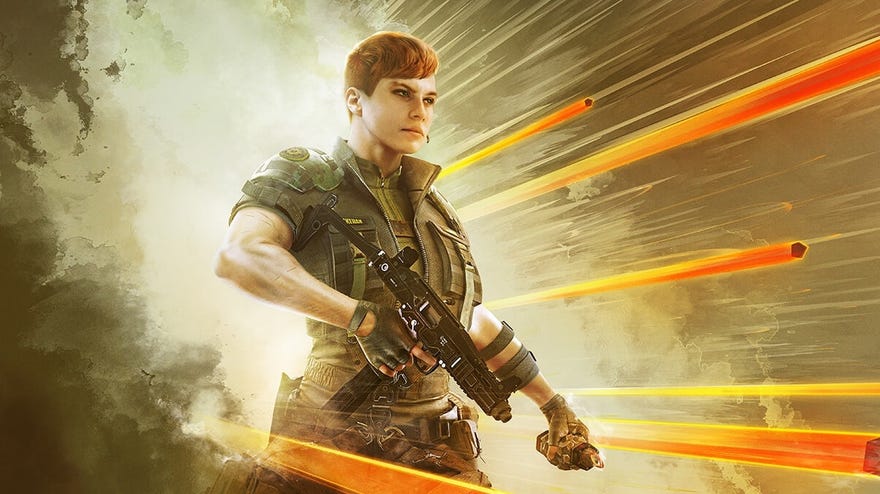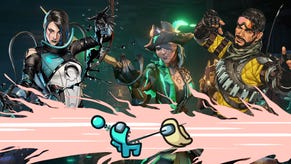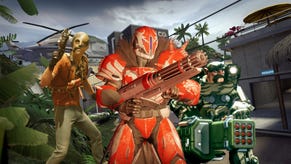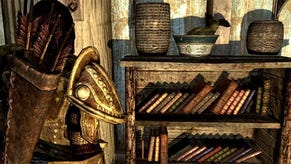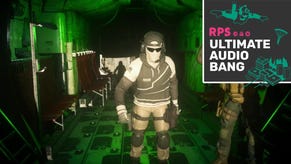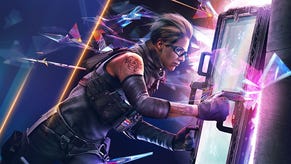Giving Rainbow Six: Siege a sequel or new engine could doom it, says creative director
"You see games that did go through sequels and just completely drop the ball"
Rainbow Six Siege's creative director Alexander Karpazis doesn't believe the elderly shooter needs a change of game engine or for that matter, a sequel. He feels that Siege can "last forever", adding that "I'm not going to name names, but you see games go through sequels and just completely drop the ball."
Rainbow Six Siege isn't exactly a spring chicken - it's nine years old now - and is often targeted by folks who think it's a buggy mess that needs a massive upgrade. And with Siege's upcoming Year 9 Season 1 update (you can find the patch notes here), the discourse has resurfaced once again.
In a group interview held at the Siege Invitational 2024 in Brazil covered by PCGamer, Karpazis argued that Ubisoft shouldn't bother with a more fundamental technological rework or sequel because the labour of getting the same features working on a different engine isn't worth the risk of sabotaging the game that is currently being played. Here are the key quotes.
The idea of switching engines to something that can be off-the-shelf ready simply doesn't answer the needs of a really competitive and demanding game like Siege. I'm not going to name names, but you see games that did go through sequels and just completely drop the ball because they have to remake every single thing that they did in that first game.
[...]
It can be really frustrating, really costly, and in the end, it doesn't even give you anything that was a benefit. If you know what you have to begin with, and you build it up, that is where we see success. And that is where we know we can take Siege into the future.
Which games is Karpazis referring to when he says he's "not going to name names"? I think it could be any or all of Overwatch 2, Warzone 2, and Destiny 2. Not that Overwatch 2 had a total engine overhaul, but it's an example of a live service game that suffered as a result of slapping a "2" on the end of its title, promising PVE missions and then dumping them. You could say the same for Warzone 2 and Destiny 2, with Warzone 2 mixing things up initially and then slowly reverting back to the original Warzone, while the quality of Destiny 2's and its expansions have ebbed and flowed a great deal, with its most recent DLC Lightfall failing to capture Liam (RPS in peace) and I.
Then again, Counter-Strike: Global Offensive was recently replaced by CS:2, despite CS:GO being more popular than it ever had been. In my CS:2 review, I still thought it was a worthy successor, namely because they hadn't changed what made Counter: Strike special, had added greater depth with little details (smoke grenades, map tweaks, that sort of thing), as well as implementing some dev-side server and update improvements across the board. What Valve's done with Counter: Strike over the years is, I think, a counterpoint to Karpazis' argument: when an engine swap's performed with care, there's no reason why it can't be beneficial to both player and developer.
